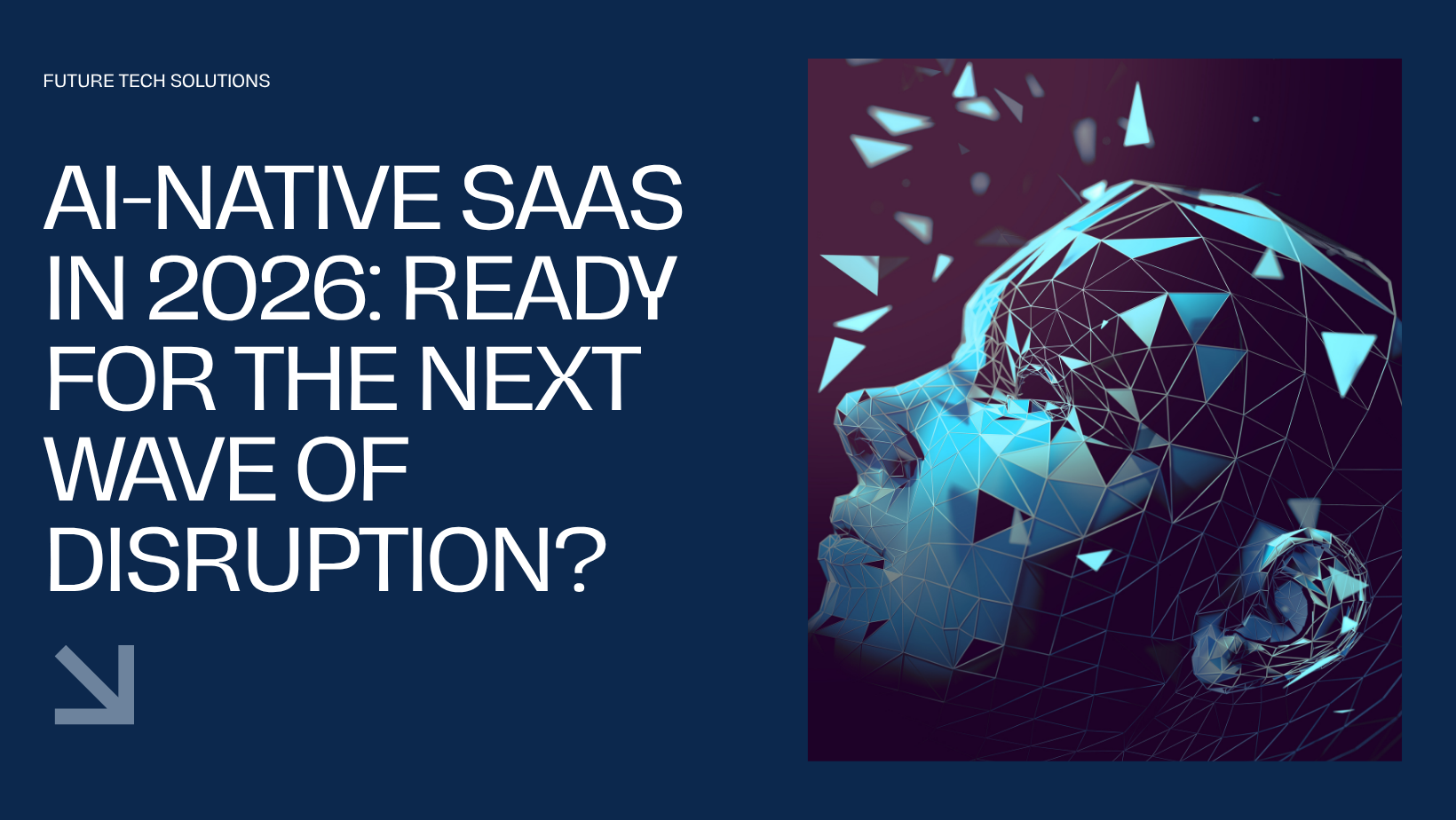
Picture this: It’s 2026. Your SaaS platform isn’t just a tool—it’s a teammate. It predicts customer needs before they even send a support ticket. It generates insights faster than your analysts. It optimizes workflows on its own, and it keeps improving with every interaction.
This isn’t science fiction—it’s the reality of AI-native SaaS.
Over the past decade, we’ve seen SaaS evolve from simple cloud-hosted tools to powerful, integrated ecosystems. Now, with AI woven into their very DNA, the next generation of SaaS is set to disrupt industries all over again.
The question is: Are we ready?
Most SaaS companies today are AI-enhanced—they’ve bolted on AI features like chatbots, analytics, or automation. But in 2026, we’re entering the age of AI-native SaaS—platforms built from the ground up with artificial intelligence as the core engine.
That means:
✔️ Adaptive user experiences that evolve with behavior
✔️ Predictive workflows that reduce human effort
✔️ Self-learning platforms that continuously optimize performance
✔️ Faster, smarter decision-making across the business
Businesses are drowning in data but starved for insights.
How AI helps: AI-native SaaS will analyze patterns in real-time, turning noise into actionable insights without human intervention.
Users now expect personalization, speed, and zero friction.
How AI helps: From dynamic pricing to predictive customer support, AI-native platforms will deliver experiences tailored to each user instantly.
Traditional dashboards still require humans to interpret data and act.
How AI helps: AI-native SaaS won’t just report—it will recommend and execute best actions, accelerating growth and reducing errors.
As businesses grow, workflows become complex and harder to manage.
How AI helps: AI-native systems will self-optimize processes, scale automatically, and cut inefficiencies without adding headcount.
Healthcare SaaS: AI-native platforms will enable predictive patient care, faster clinical trials, and real-time diagnostics.
E-Learning SaaS: Adaptive learning paths, AI tutors, and personalized skill assessments will reshape education.
FinTech SaaS: Smarter fraud detection, predictive financial planning, and automated compliance will be the norm.
Wellness & Coaching SaaS: Platforms will evolve into digital coaches, guiding habits, goals, and lifestyle improvements in real-time.
Advancements in generative AI, cheaper compute power, and growing demand for automation mean AI-native SaaS will shift from “early adoption” to mainstream by 2026. Companies that fail to adapt risk being left behind—just as on-premise software vendors were during the first SaaS boom.
AI-native SaaS isn’t just about efficiency—it’s about unlocking new business models, customer experiences, and competitive advantages.
As we step into 2026, the winners won’t be those who simply add AI to their stack. The winners will be those who reimagine their SaaS from the ground up with AI as the foundation.
So, the real question isn’t if disruption is coming. It’s: Will you be ready when it arrives?
💡 Over to you: How do you see AI-native SaaS reshaping your industry in 2026?
.png)
.png)















